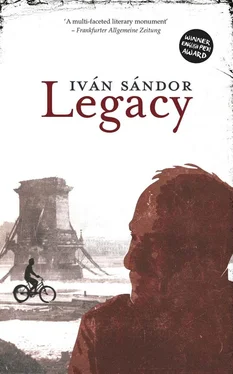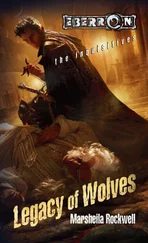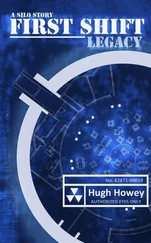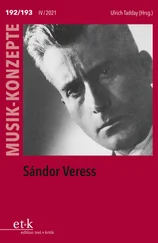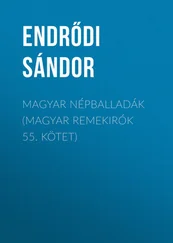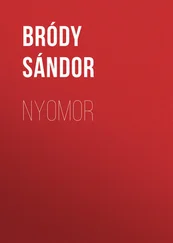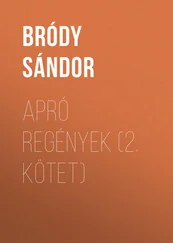I ask Anna to repeat the last question once more, and that request throws her into confusion. She may think she did not translate it accurately as she looks back and consults with Leone, but the thing is I understood what she said perfectly well and simply wanted to gain time before answering. I can see the other members of the crew are paying attention; they sense that the sudden pause might be of significance, and the man with the hand-held camera sets off towards me. Anna repeats the question. In what way does the figure of Carl Lutz live on in me. Would I try to describe it?
Now the followed and follower swap places inside me.
In no way. I make an effort to ensure my facial muscles do not betray the fact that I feel a degree of triumph.
Leone confers again with Anna. Anna says that Leone told her I mentioned earlier I had met Carl Lutz several times. That’s true, I say, only at the time I did not know it was him; someone said he was an envoy from some neutral country, that was all that was said about him at the brickworks and also in front of children’s home on Mihály Munkácsy Street and later at Pannónia Street. I also recalled his car as being a military Adler, but I had just now heard from Ágnes Hirschi that it was a Packard, and I would be correcting that in hindsight in the manuscript of my novel. What he is asking, says Anna, is that I try to evoke my recollections of the person about whom I found out in retrospect was Carl Lutz.
The game is now in my hands.
I pretend to be deliberating at length.
The hand-held camera is turning, no doubt trying to catch my features as I attempt to evoke the figure of Carl Lutz.
It is impossible to accomplish that, I say as I watch Leone’s face, because I have seen such a great many photographs, and I am familiar with the descriptions of him, so inevitably my picture of him is built up on that basis. At times like this one’s memories are also changed; the original is lost and what dominates is what others have fixed in position — it may resemble the original, but really it is a copy. I am taking care with my every word; that requires more concentration than is needed for the evocation of memories. I set out my position. One summons the private detective; one wants him to tell one what he knows. What has he found out that officialdom does not yet know? That is one of the problems, I say. One has to free oneself from the received image; one has to try to look into the unknown and find out what lies behind the obvious.
I sense that my tone, albeit involuntarily, is provocative. I hope the unseen synchronous interpreter who is speaking my words in Italian into Leone’s ear is not driving that home with its emphases. Leone is nodding.
Anna says that Leone understands what I am saying, so let’s move on. The next question, says Anna, is how do I imagine the final meeting between Carl Lutz and Adolf Eichmann went? A scene in the screenplay deals with that meeting, and actors will play Lutz and Eichmann.
For me, too, that posed an insoluble problem in writing the novel, I say. According to the information at my disposal it was years later when Lutz himself recalled the meeting, so in other words even his own diary cannot be considered a truly authentic point of reference, because even that diary was written by someone who was looking back; one has no idea of what sort of mood he was in or what he knew on the evening he wrote that entry, but as to who Adolf Eichmann was in reality, it is quite certain that when they met Lutz cannot have known about Eichmann’s past record, no way. Eichmann had the advantage: he knew more about Lutz than Lutz did about him, but there is no doubt that it was a case of two thoroughly professional officials confronting each other.
Anna says that Leone does not understand this and asks me to explain it more fully.
There are a lot of people standing behind the crew, but who are they?
One is the official of death, another of life, I say, and both of them understood their jobs very well.
It is as if what we try to evoke always gets lost. As if everything ends up under the dominion of the present, and remembering is not remembering, the attempt to evoke something not an attempt to evoke something. As if everything that happened was annihilated by precisely the attempt to evoke it.
Leone gives up his grilling about the possibility of evoking the encounter between Lutz and Eichmann. Anna says he is curious to know if there are any memories that are very important to me — and Anna’s look reveals that she at any rate, unlike Leone, is expecting me to say something. That hopeful, provocative gaze summons up a sound. It is a transient sound; I can hear it coming from very deep down; its shriek is rising. I remember a shriek best of all, I say. Leone is baffled. A cry, Anna translates but does not translate that as if questioning it but like someone who is repeating what I had said, as if she were trying to confirm it. And why is that so important to you? Leone asks in Anna’s translation.
I do not speak French, but I can sense a difference in the way their words are weighted. The hand-held camera again moves in. I smile. Well, that is exactly what I would like to keep for myself, I say. An intimate detail perhaps, Anna translates. Not a bit of it, I declare, simply the key for my being able to remember at all, and I don’t have multiple copies of that.

The following day I am asked if I would care to watch the shooting of the encounter between Lutz and Eichmann.
One of the first-storey apartments has been opened. Dilapidated furniture; lighting is used in an attempt to overcome the drabness of the place. The actors’ costumes and make-up reminds one of all the clichés of war films seen a hundred times before. Leone explains to the actor playing Carl Lutz to look at Eichmann with an impassive face, under no circumstances to betray emotion. I would be curious what he thinks about Lutz’s feelings, but he says nothing about them. The actor nods; he is willing and unhesitating. I’ve played that sort of role before, he says and mentions the title of a film — which rings a bell — an action film. I’m thinking of the scene when I know who the serial killer is, he says to Leone, but to be completely certain I have to make him show his hand — that’s how Anna translates it for me. I take care that my features show nothing or he will slip through my fingers, the actor continues. It’s something like that you have in mind, isn’t it, though, of course, the figure has to be neatly turned out.
Leone turns away from him. That will be fine, you’ll see, fine, he says.
Anna whispers in my ear. Leone also said it for my benefit, so he was sure that I knew that work with actors always requires compromises. They had wanted someone else for the role, but that actor was in the middle of shooting for another production.
I go outside into the park.
The couple I saw earlier are now strolling on the far side of the bushes. The skirt is now orange, the trousers cream-coloured, with one in a polo-neck sweater with a black diagonal stripe, the other in an orange blouse. They are holding hands.
Along the path I see posters about a Joseph Beuys exhibition in Ascona. I buy a return ticket for the boat and look for a seat on the outermost back row on the deck. In front I have the pristine blue lake, spread out among mountainsides clad in emerald-green forests, and behind me the fantastically colourful line of Locarno’s hotels and, high above the buildings, the pristine sunlight-yellow Monastery of Madonna del Sasso from 1480 and snow-white peaks. I take a look at the exhibition in a pristine pink building on a slightly sloping, gently winding little road, and while I wait for the boat to make the return trip I drink a beer on the terrace opposite the harbour. Everyone is strolling or sitting, sunshades, white ducks, white Bermuda shorts, palm trees, the splashing of water.
Читать дальше
